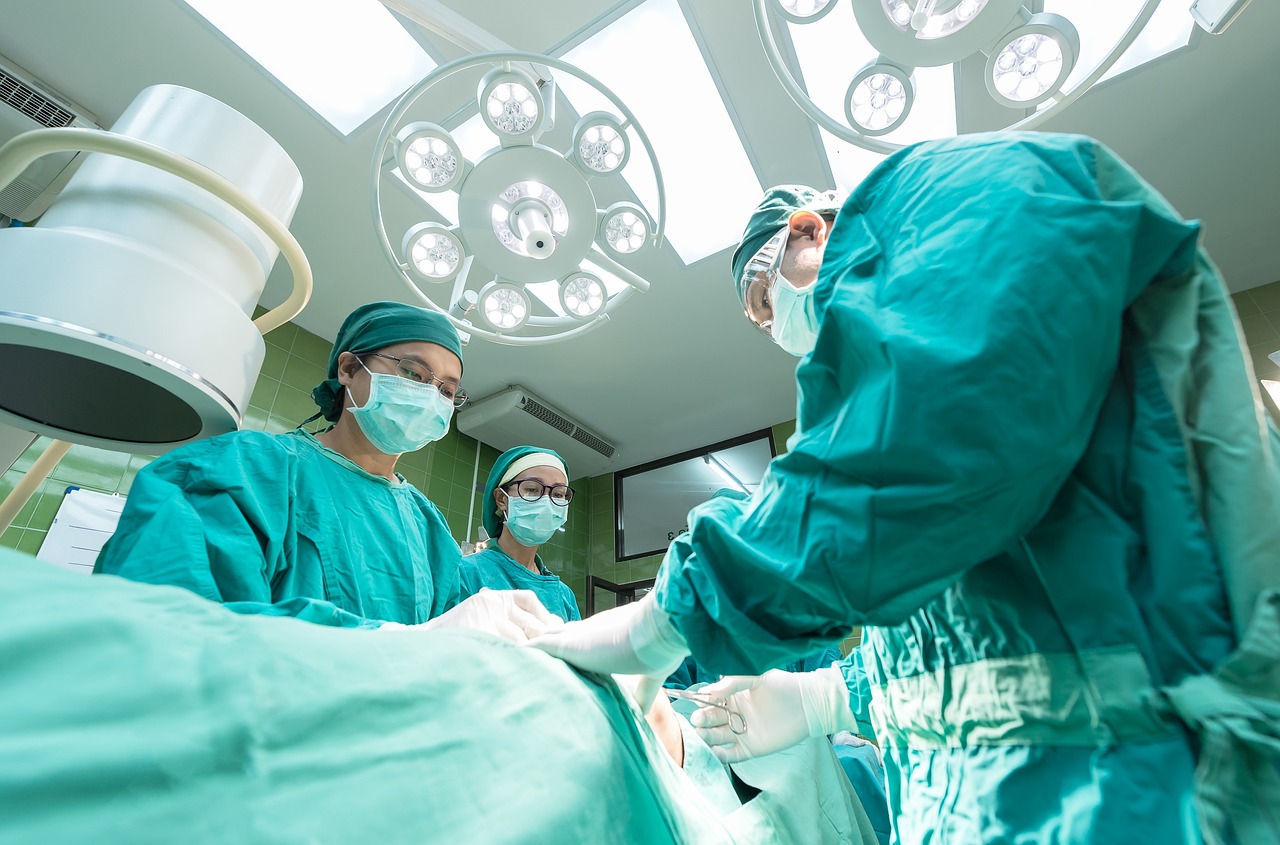Medical technology has come a long way since the first pacemaker implant was successfully completed in 1958. Today, doctors use state-of-the-art medical implants to perform a wide range of treatments thanks in large part to the technological advancements seen in the CNC machining industry. The precise nature of CNC machining has revolutionized orthopedic care, cardiac care, dental care, and more. Let’s explore the basics of CNC machining and the role it has on medical device manufacturing.
What is CNC Machining?
CNC machining is short for Computer Numerical Control machining and is a manufacturing technique that uses computer automation to control the movement of tools. A computer-aided design (CAD) rendering is used as a roadmap for the movement of tools like drills and lathes. When compared to traditional techniques for machining metals and plastics, CNC machining requires less human contact and more automation. The result is a process that creates precise components capable of complex geometries and tight tolerances.
How is CNC Machining Used in Medical Implant Technology?
The precise nature of CNC machining make it a common manufacturing technique in a wide range of industries, notably healthcare. Components can be manufactured to extremely tight tolerances in order to meet sizing specifications down to +/- 0.005 inches or better. An automated process also translates into more efficiency and consistency in manufacturing, both critical elements in medical implant manufacturing.
Medical implant research and development has been bolstered by advancements in the CNC machining technology. Healthcare and biomedical companies can design and manufacture complex and intricate devices to meet many different needs, including:
• Orthopedic plates and screws
• Artificial hip, knee, and other joints
• Dental implants
• Heart valve components
• Cochlear implants
• Insulin pumps

The Future of CNC Machining and Medical Implants
Innovations in medical implants are reliant upon the capabilities of the CNC machining industry advancing along with them. As CNC machining technology advances to allow for even more intricate and precise designs, faster production times, and lower costs, it will undoubtably benefit the entire healthcare industry as a whole. Look for CNC machining to become more common and practical on a smaller scale for specialized healthcare providers by way of in-office machines and in-house operators. This can reduce downtime in emergency matters in which every moment makes a difference.
- Discover Volvo CE’s Upgraded Articulated Haulers for 2025 - January 30, 2025
- Must-Have Apps for Construction Professionals in 2025 - January 28, 2025
- What You Need To Know About Volvo’s Redesigned Excavators - October 24, 2024
